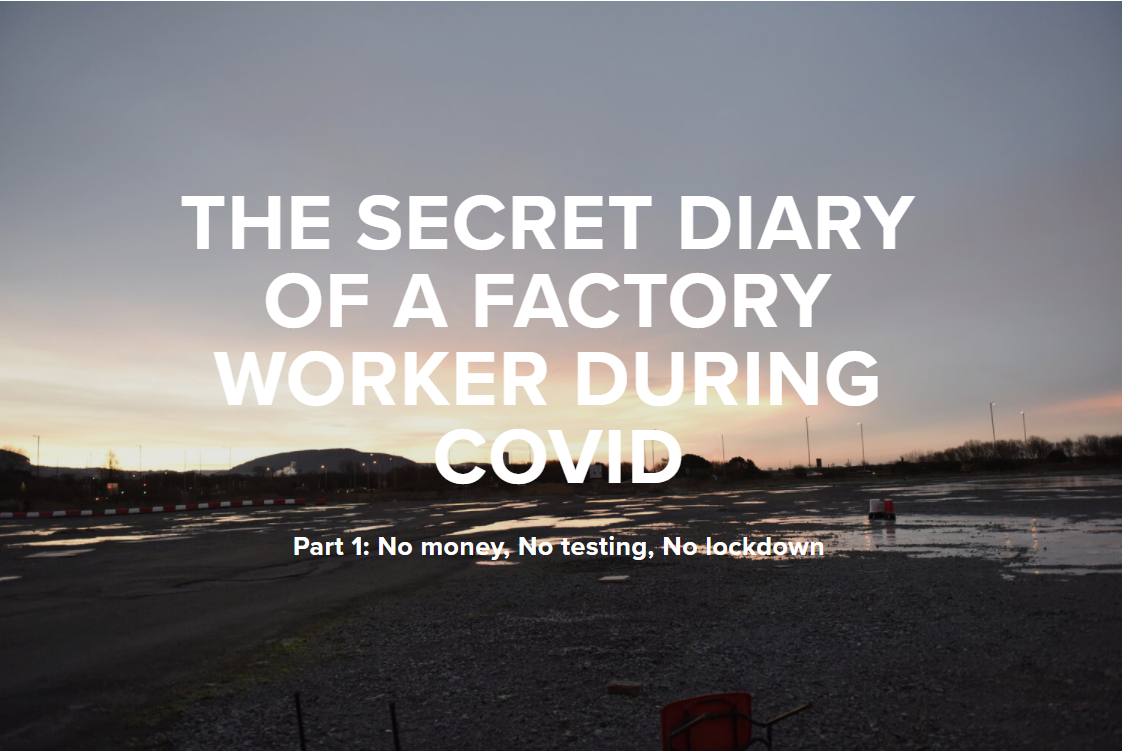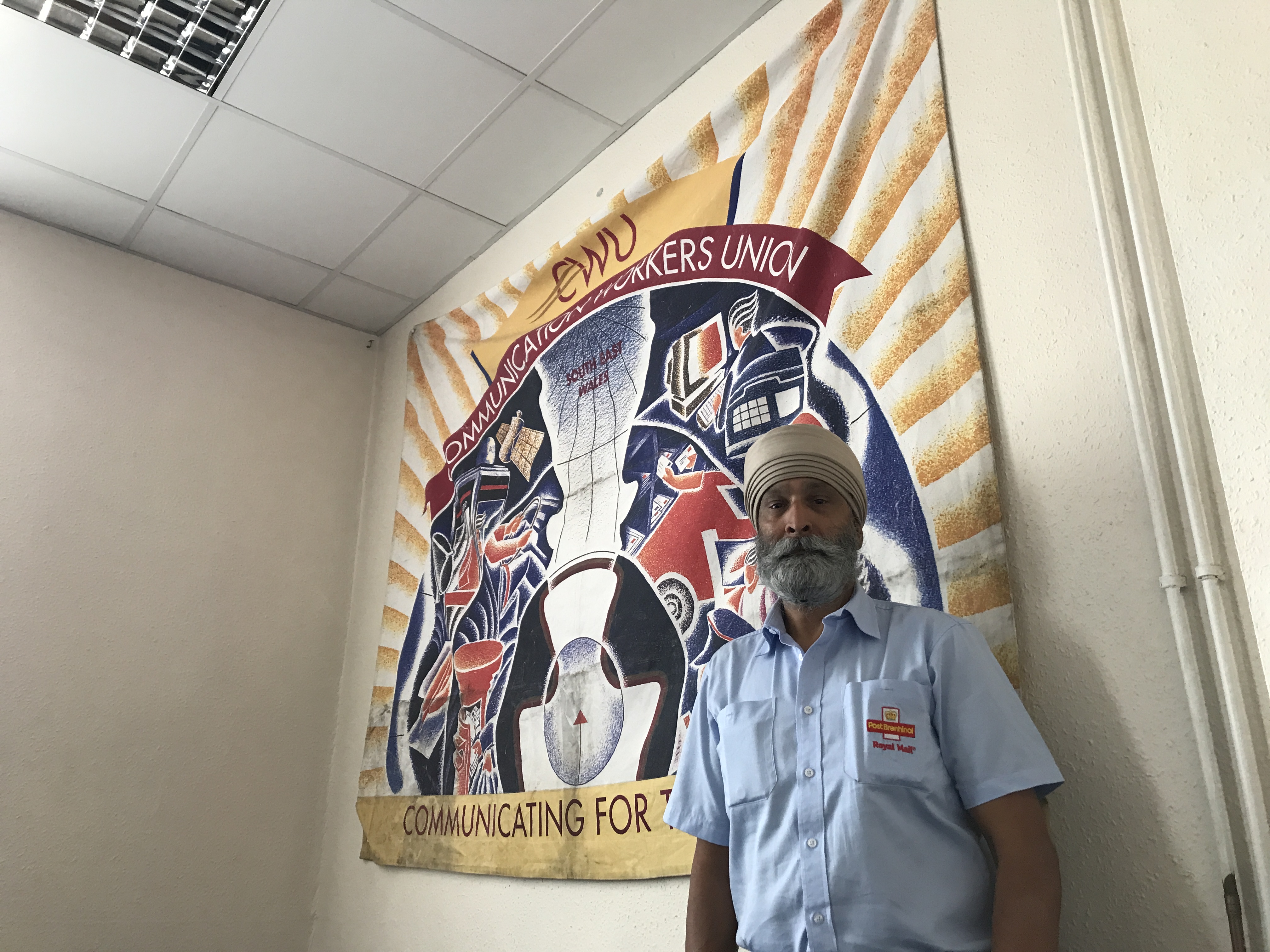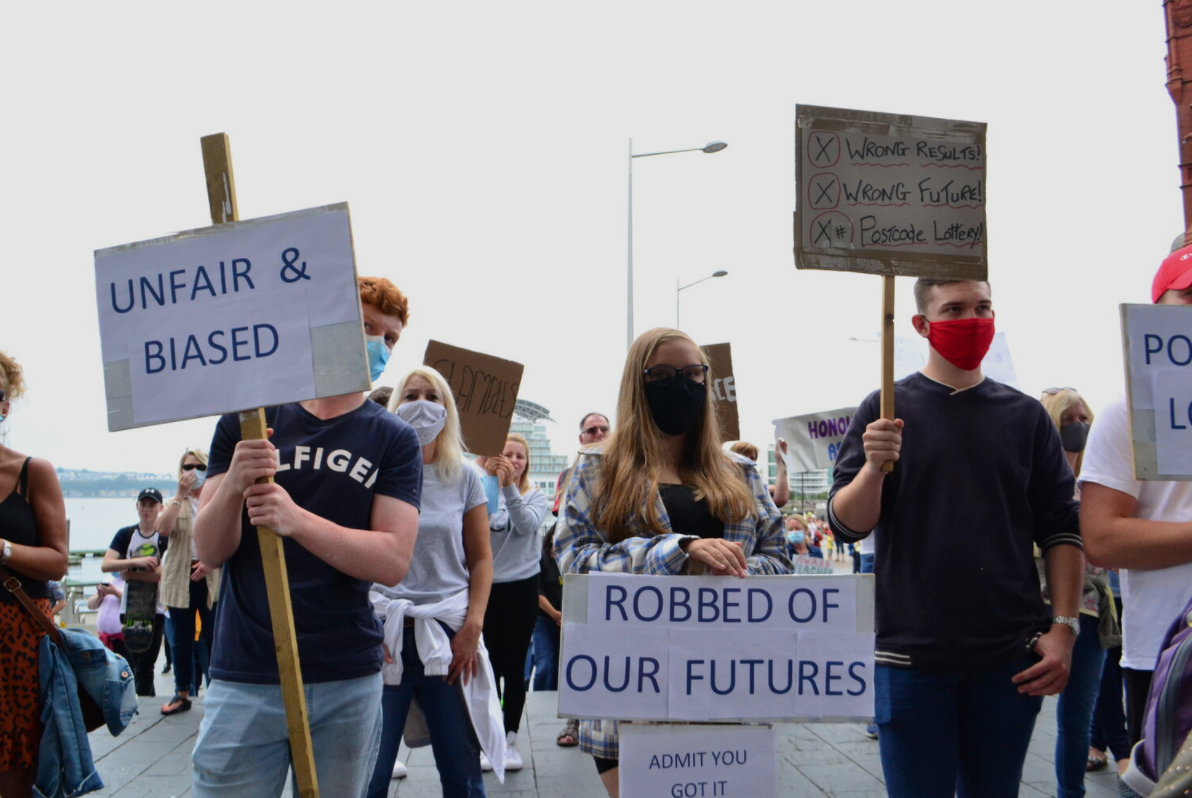
The Secret Diary of a Worker During Covid. Part 1: No Money, No Testing, No Lockdown
In the first installment of this exclusive series chronicling the life of a front line worker during the Coronavirus pandemic, the writer finds himself living in poverty in early 2020, desperate for work as the virus spreads across Europe.
“Working in a factory during Covid has shown me first-hand how little prepared the government and the food Industry was for a viral pandemic and how cheap working class and migrant lives are to the Capitalist system.”
In the past, if someone had said to me that I would be working in a factory during a global viral pneumonia pandemic and there would be a strict nationwide lockdown in order to suppress that virus I would, in my normal way, laughed hysterically and politely dismissed such an obscene prediction. It’s not that I look down on such work, which I understand is necessary to the manufacturing of mass products and goods, especially food for a substantial population, nor that I view myself above such work; I come from a proud Welsh working class background and I have often undertook hard, manual work particularly in agriculture both in the UK and abroad; and although I was quite aware and comparatively well read on threats registered on the UK government’s National Risk Register, I would have justified my laughter on two counts: firstly, like most people my age, I was carefree and would have not acknowledged the possibility of such turmoil ahead in my personal life.
Secondly, I assumed (I think like most others), despite my disdain and intense ideological opposition to the Conservative Party, that the government and the public health institutions in the fifth richest country in the world would be prepared in its response to protect its citizens from such a deadly threat; thus such an outbreak would be controlled from the onset and suppression of an infectious virus through a nationwide lockdown would not be required. Poignantly, I was wrong on both counts and I unfortunately find myself and my fellow workers in this position.
To begin, I think it is important to outline a little of my personal background and how I began working at a factory, before I delve into a discussion and analysis of my experience.
After leaving a full time caring role of a dear loved one late last year due to their tragic and untimely passing, I found myself unemployed. As a result, I was faced with a greater array of bills due to living in and being responsible for the maintenance of their property which, along with my own personal bills, was hardly covered by Universal Credit and certainly did not leave any money left for essential items such as food. Transferring from Carers Allowance to Universal Credit meant I was plunged into instant poverty that had me relying on foodbanks and handouts from family and friends.
On inspection, I understand the logic behind incentives to get unemployed people back into work, but is it ethical that usually already poor people are punished and labelled as “scroungers”? Whereas rich people, who dodge tax and make vast profits on the backs of others and the environment, are idolised and promoted to the House of Lords? What I really needed was time, counselling, community, compassion, a space to reengage with my hobbies and interests to process deep trauma and very intense complex thoughts and emotions and ultimately to begin healing.
However, the demands of the Capitalist economy are obviously not in tune with the needs of human beings but rather the demands of profit margins. Therefore, despite my grief, I immediately began scouring and applying for jobs. With a top degree from a Russell Group University along with a well-developed CV and much life experience, I was hopeful to find a new job quickly and luckily secured two interviews at a public institution and a third sector organisation.
The time now is late February 2020. News had filtered in December 2019 and January 2020 about a novel Coronavirus epidemic in China and then in February a fast developing pandemic with a massive outbreak in Northern Italy. I was hopeful that the UK government was hard at work planning to control and contain the virus. Tragically, I was very wrong.
The time is March. I fall ill at the start of the month with suspicious symptoms: a temperature; tight chest; fatigue; and a headache. I assume it is Covid-19. I cannot obtain a test (unless I pay an astronomical fee for a private test which is simply impossible in my current financial situation) because there is no mass community testing in place. There is no track and trace system in place. I am worried about people I have been in contact with so I contact them myself and warn them. There is no lockdown. Most do not isolate due to a variety of reasons: the desperate need to work; ignorance; terribly, even selfishness.
One job interview is postponed and one is outright cancelled. I am sick for two weeks; worried about my finances, how I will catch up with my bills, how I will get a job and worst of all watching a disaster in slow motion unfolding in the UK. I recover. I emerge from my self-isolation to a nationwide lockdown. The economy is frozen apart from key worker roles, so I apply for several supermarket vacancies. I hear nothing back. I sign up with an agency and get told to come to an induction for factory work the next day. As a worker, with nothing to sell but my labour, debts and bills to pay and also, I admit, a passionate urge to help my country through the crisis (not business owners or the Capitalist economy but the people) I immediately oblige.
On inspection, I hope we can see from my personal context some initial criticisms forming of the UK government’s dire initial handling of the pandemic. Bluntly, lack of mass community testing; lack of track and trace infrastructure and capability; and failure to lockdown sooner has undoubtedly cost thousands of lives. (Along with the PPE fiasco and lack of quarantine measures for international arrivals, amongst other failures).
However, now I want to turn attention to my experience of working in the factory during and post-lockdown, and specifically how failures and lack of preparation and planning by both the government and the factory led to a localised outbreak. Importantly, it is true, I write this full of rage and discontent for how the Welsh/British working class and migrant workers lives have been undervalued. But, also with a little hope, maybe naively, that my writings may somehow influence the government and factories, especially in the food industry, that despite the rush to open up society and unfreeze the economy, measures must be taken to prevent another localised outbreak and a second winter wave of Covid-19 so workers, their loved ones and their communities are fully protected.


